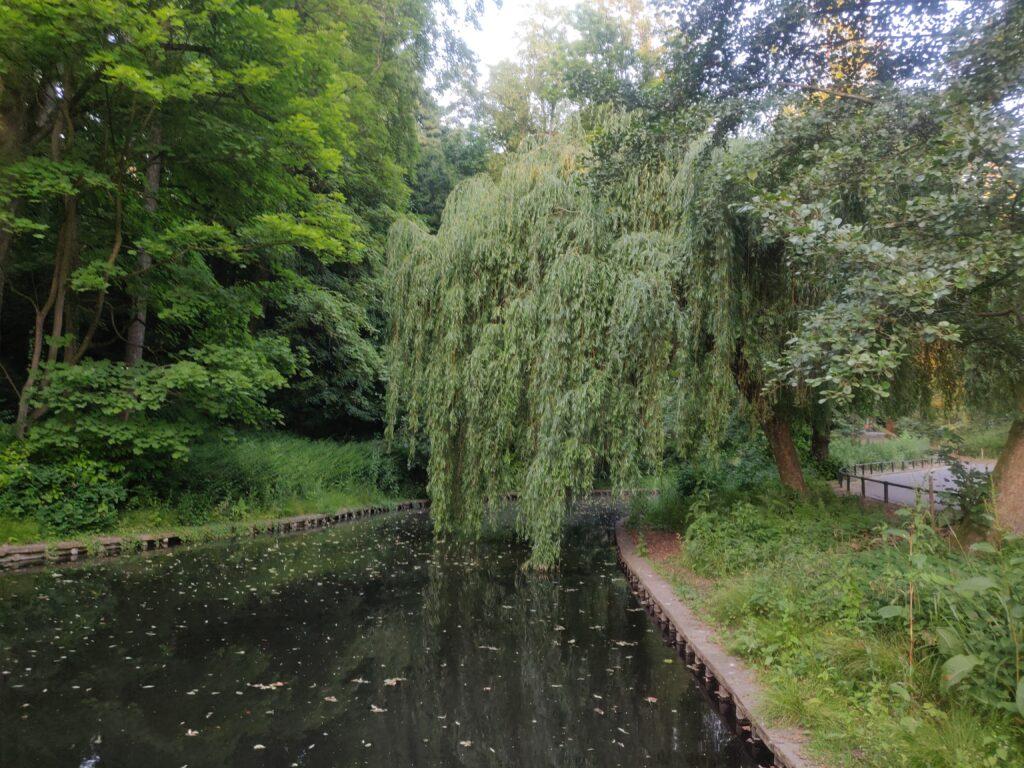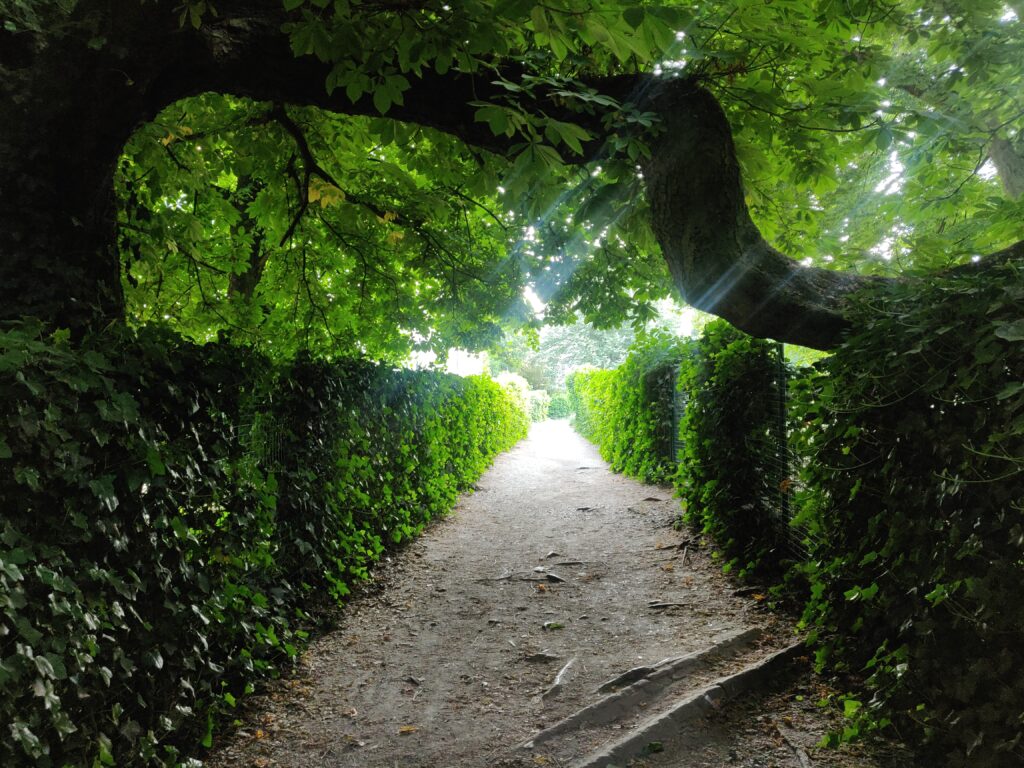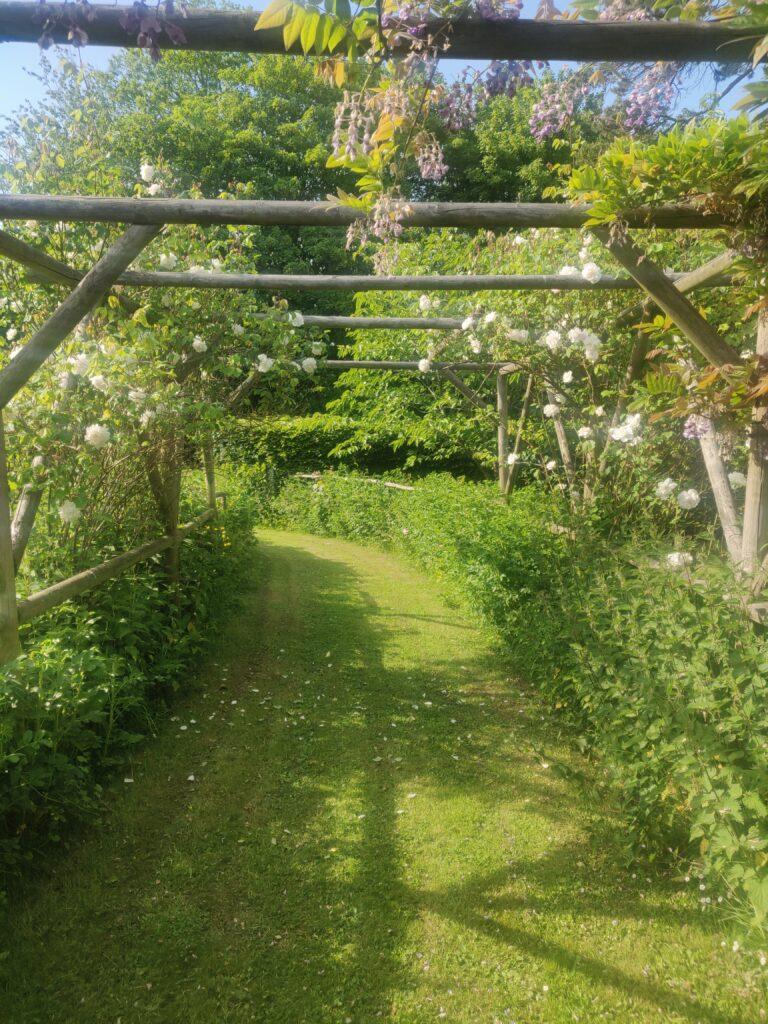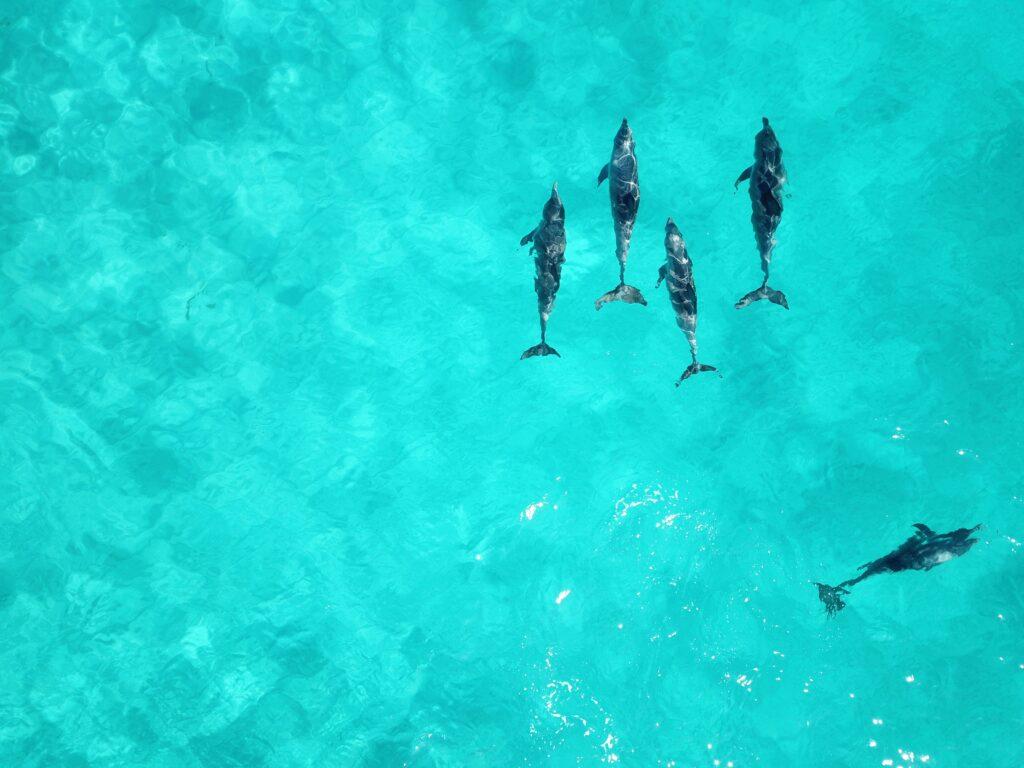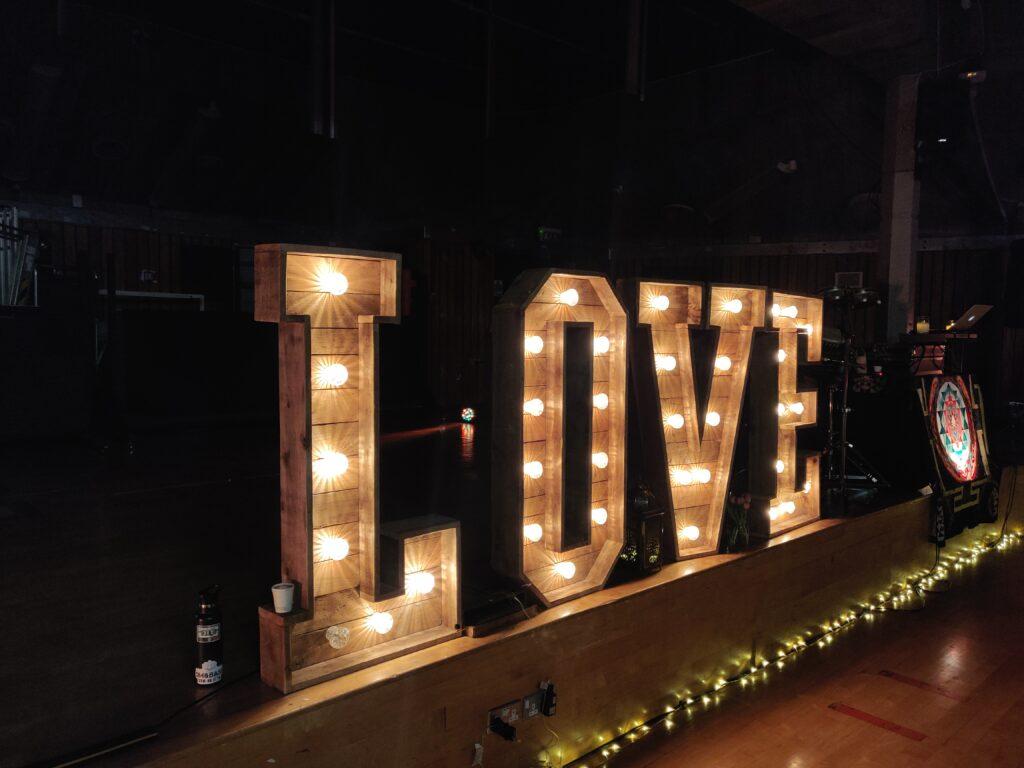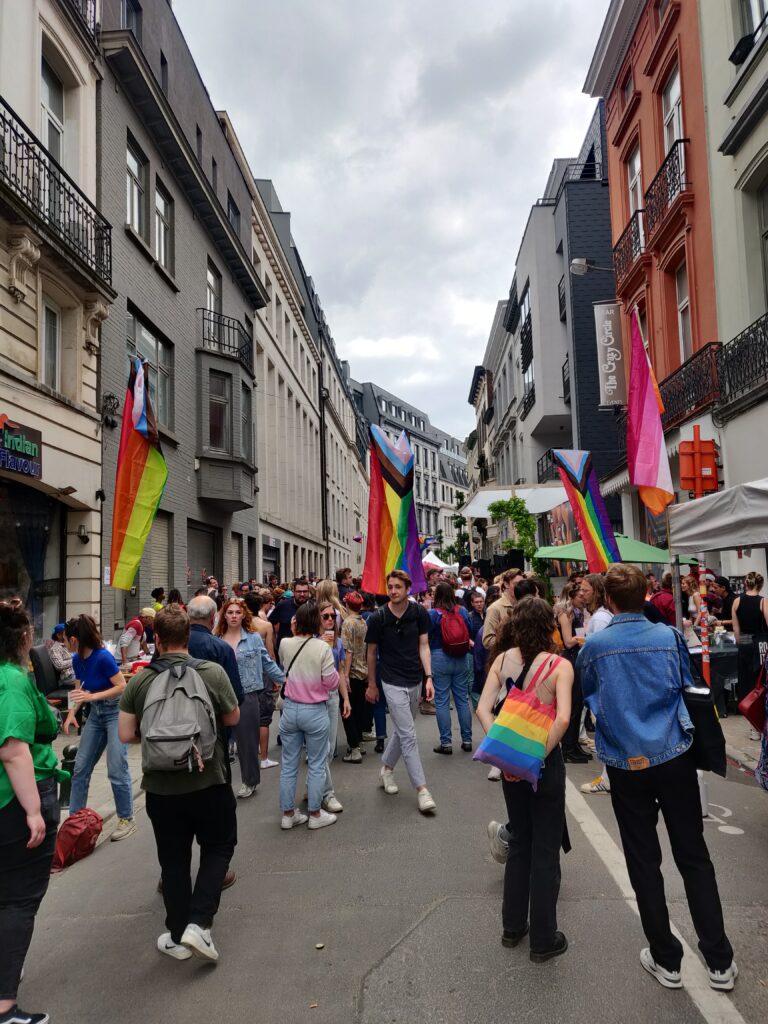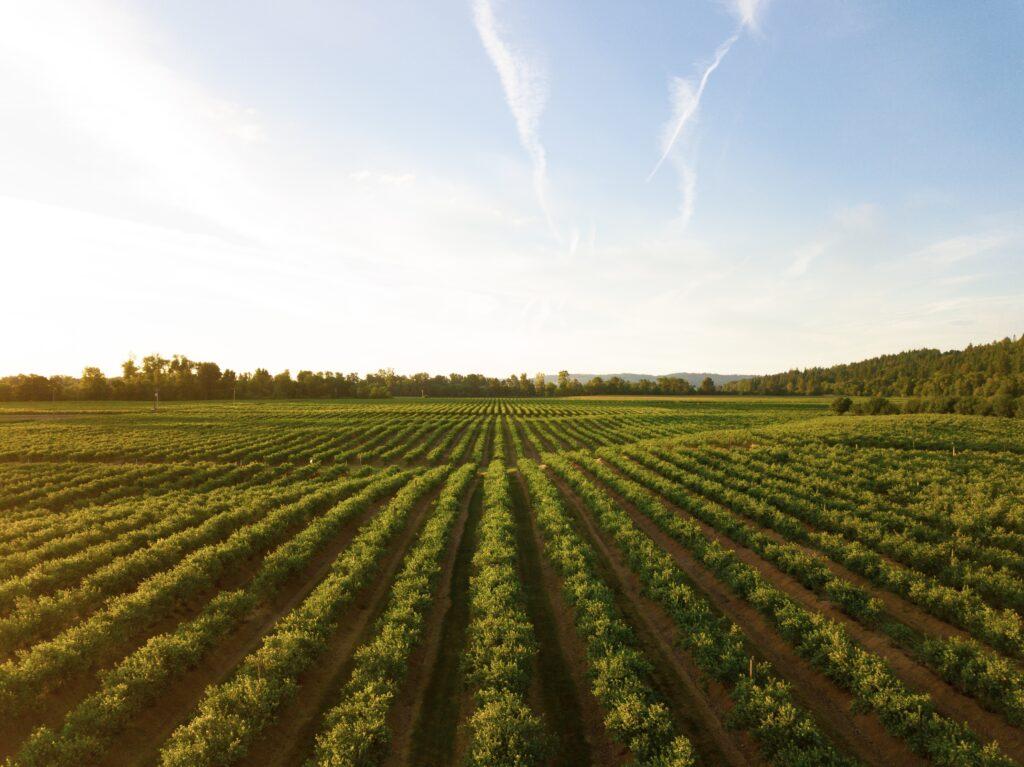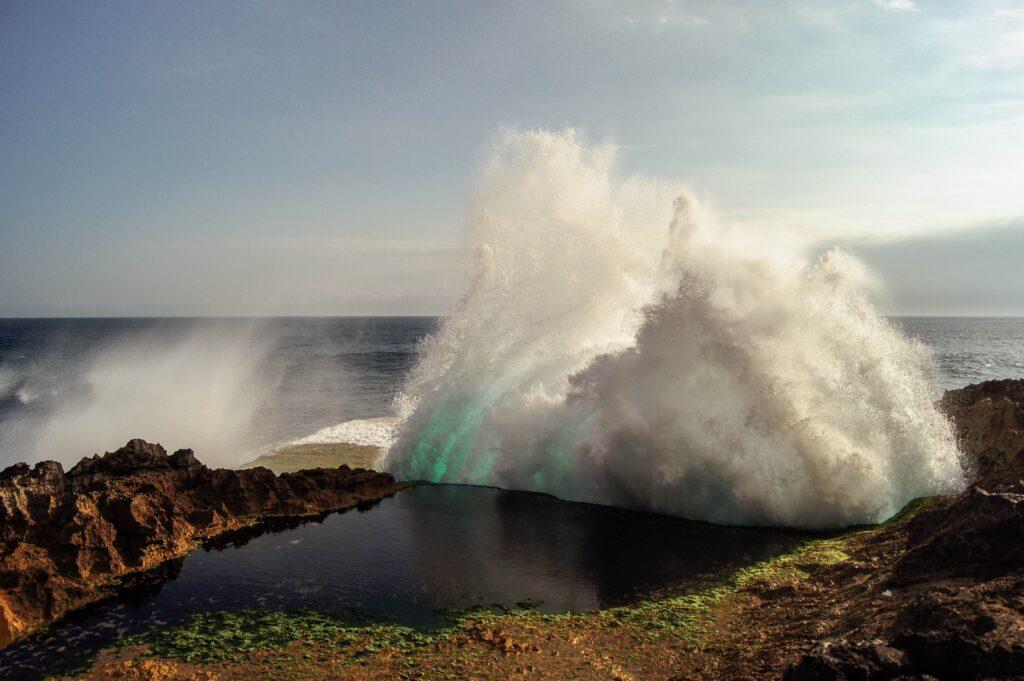
This weekend I’m at another personal development intensive in London. Over this weekend, we have spoken about the way in which we create the different aspects of the things we want in life.
I continuously go to these learning experiences because I learn something new each time. I’ve found that hearing something the first time sometimes doesn’t mean too much for me, but revisiting it later can make a profound shift.
Yesterday, we spoke about how we create the extraordinary. The idea of running a marathon, getting a six-pack or writing a book may sound unfathomable because of the colossal nature of the goal.
But if we gave ourselves a few minutes to figure out ‘how to’ do these things, we could most likely figure out a way. Want to lose weight? Eat better and exercise more. Want to write a book? Schedule writing sessions several times a week.
We generally know the answers.
When we break down the extraordinary tasks into multiple ordinary ones, it can be empowering because it makes it achievable. But it can also be daunting – suddenly the weight shifts towards our own responsibility. It’s up to us to achieve what we want.
This newsletter is an example of that. Recently, I saw that my subscribers passed 1500 – amazing! I couldn’t have imagined that so many people would receive what I write week in and week out. The statistics show that I’m probably getting around 500 people reading what I write each week. To me, this is an extraordinary achievement.
Now, how did I get to this point? Well I just started writing articles. I began in 2020. I started erratic, but learnt to build consistency. By 2022 I recommitted to writing an article each week. To me, this is doable. One article each week takes me about 30-60 minutes. I avoid making it a big laborious task. Most people I know could do this. Writing an article in of itself is a pretty ordinary task.
Fast forward to today, I haven’t missed a week since January 26, 2022. I’m on a 75 article hot streak. This will be my 131st article I’ve written. My articles are around ~700 words each, which means I will have written around 92,000 words. Unsurprisingly, my written expression and creative thinking have blossomed through the process.
These achievements have been as a result of doing the ordinary consistently rather than any particular magic formula.
Another related distinction we spoke about was the difference between ‘can’t’ and ‘won’t’ – where we are labelling things we can’t do. If we are radically honest with ourselves many of the things we say we ‘can’t’ do are actually things that we just don’t want to. A good check as to whether a task is one where you genuinely can’t do it, ask yourself whether if someone was willing to pay you a million dollars whether this would change whether you could do it.
I used to think that I couldn’t lose weight because when I tried I would often rebound back up. But if I look at myself really honestly, I was playing victim by blaming other circumstances. For example, work getting busy is not a bonified ‘reason’ that I cannot eat healthy. Now I am getting far more committed through sticking with fasting and I am seeing the results start to show – I have lost around 5 kg in the last few weeks.
I write these articles to give you the tools to better your own life. The irony is that deep down, this is all information that you probably already know. Yet we can all forget these things as we get caught up in the daily travails of the world.
But if you want genuine change, get honest. Find the ordinary tasks that you need to do to create the extraordinary.
Then start doing them.
